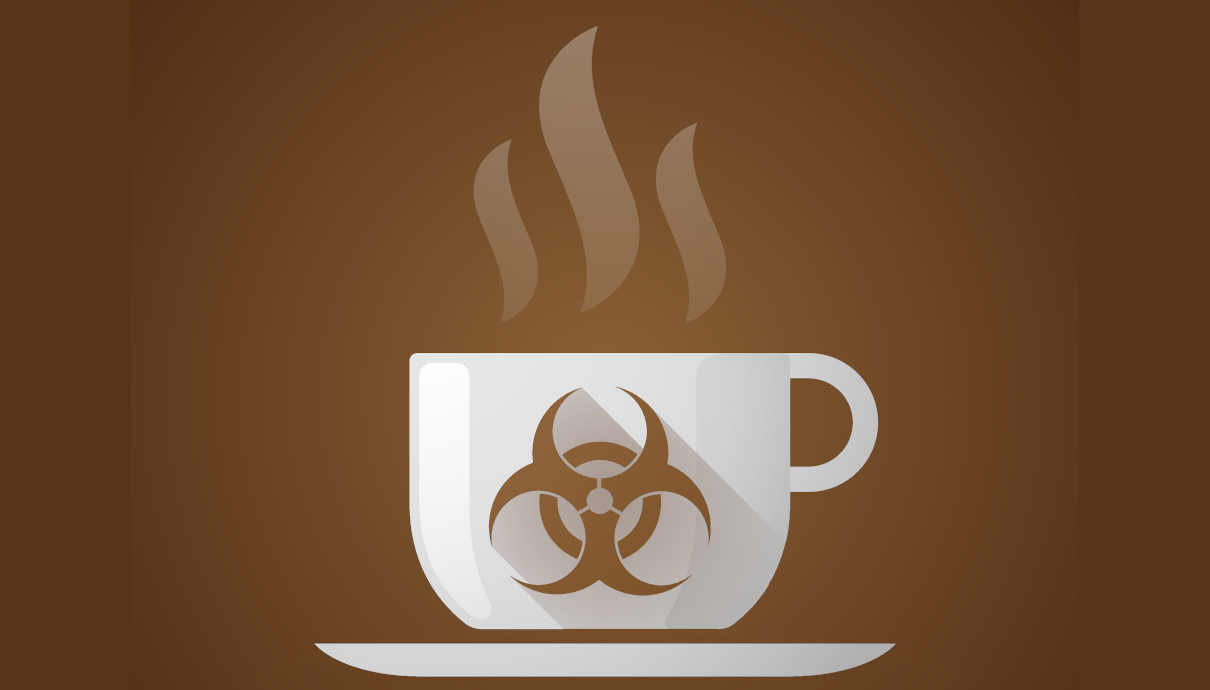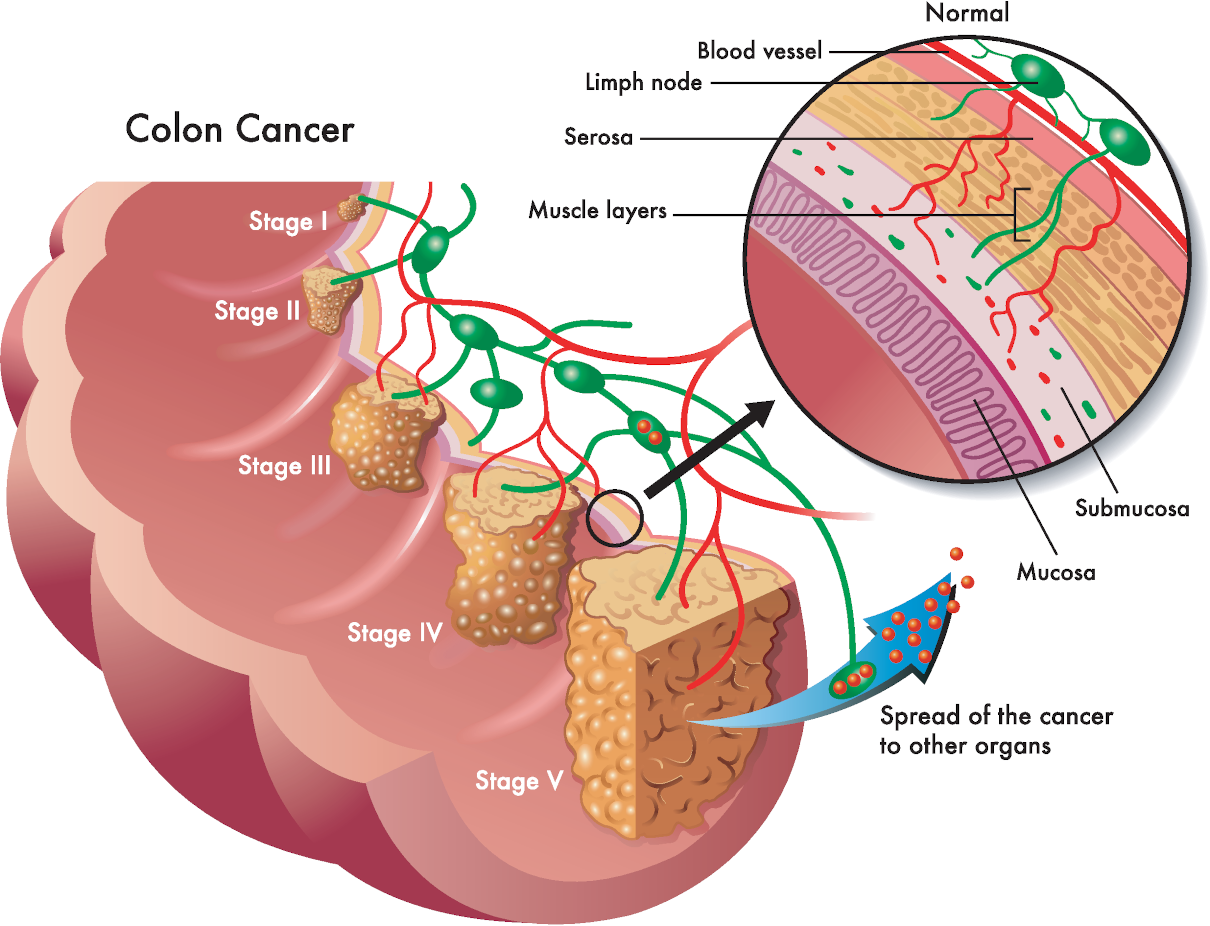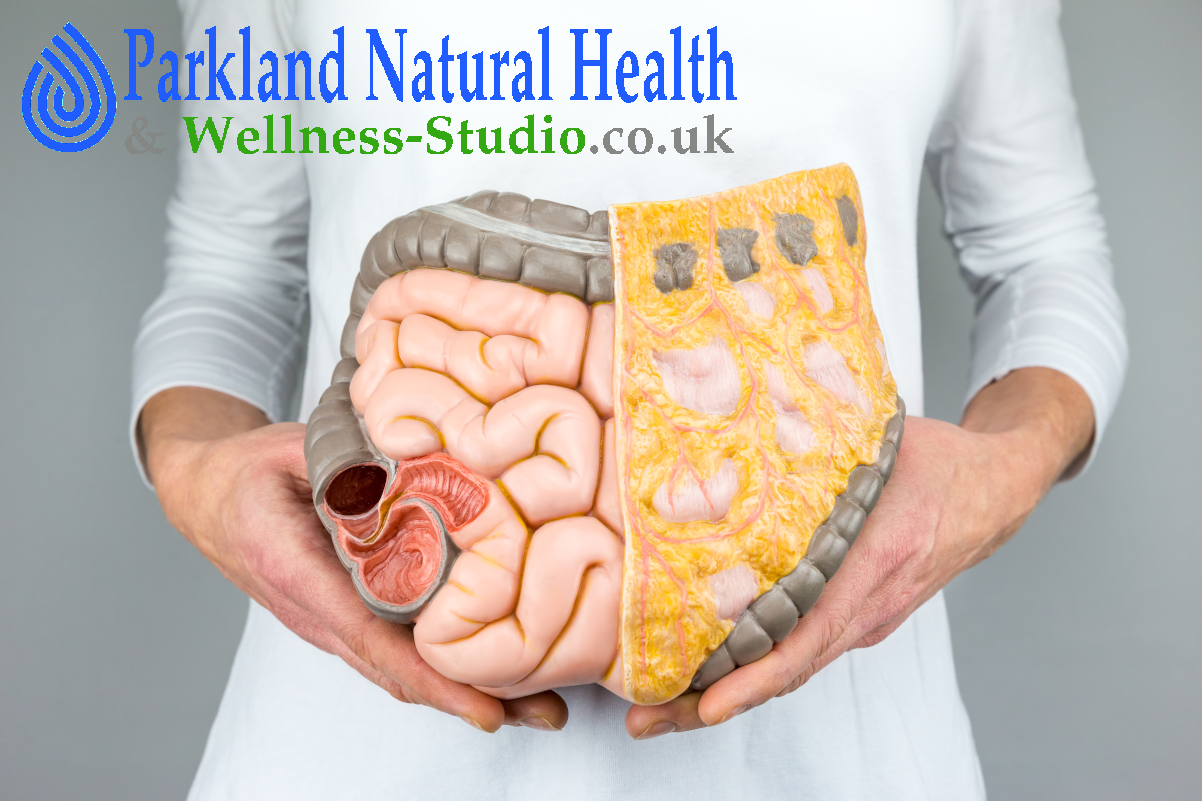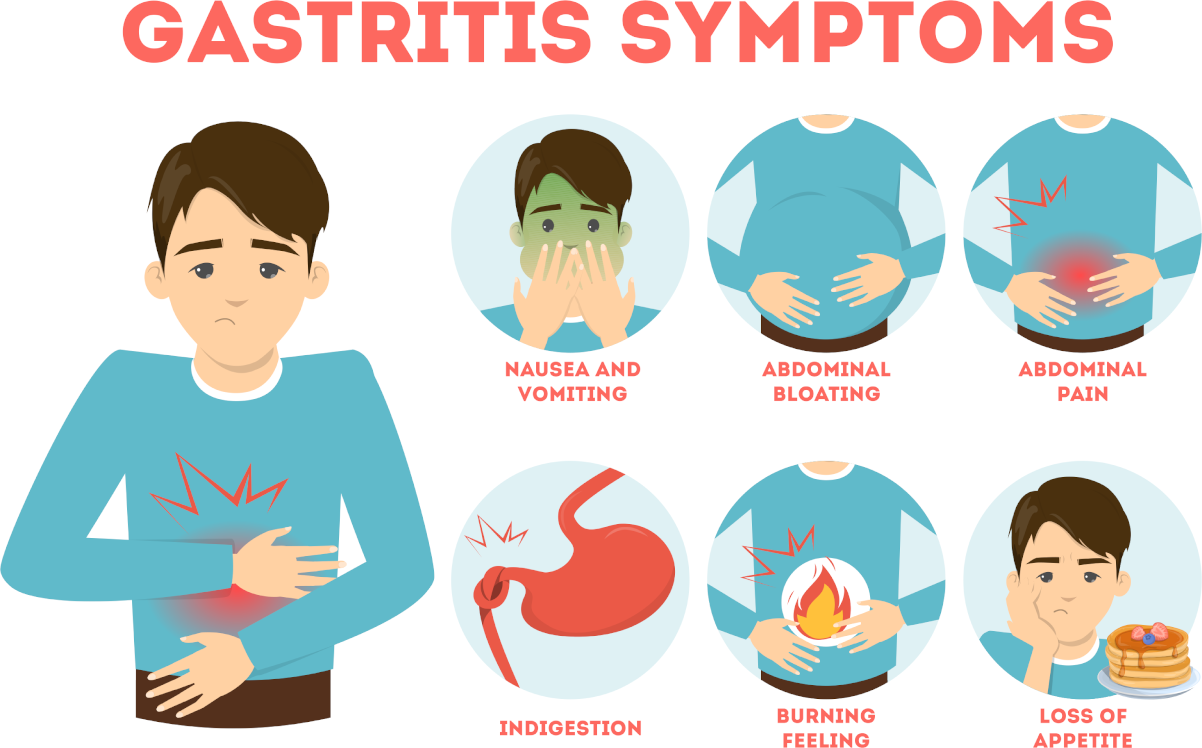Facts about coffee that sellers would never reveal. Benefit or harm?
Comments 0 23rd February 2021 Blog, General
Benefits or harm of coffee? Facts that sellers would never reveal.
The popularity of coffee has spread worldwide throughout human history. However, its health benefits have been the subject of a seemingly endless debate. Is there a high risk of drinking it? How many cups can you drink daily without worrying about your health? This article aims to reveal some facts about coffee and how it affects the body after consuming it.
There are numerous myths about where and when people first began to drink coffee. Farmers gather coffee beans from the berries that grow on coffee trees. Most researchers believe that the discovery of coffee’s stimulating effect took place in Ethiopia. The prevalence of coffee as a commodity spread to Yemen first and then worldwide. It is the second most-sold drink globally (after tea), earning billions of dollars annually for the respective industry. Consequently, coffee consumers overlook coffee’s many unpleasant and unhealthy properties.
What is natural coffee?
Coffee is only natural in its fresh green state before preparation. Coffee sold in stores is no longer wild; it is infused with nearly a thousand synthetic compounds and preservatives after frying. Eight hundred are responsible for the aroma; the rest give it its taste.
However, the most harmful chemical in commercial coffee is acrylamide carcinogen, a side product created during the bean roasting process. //The word “carcinogen” comes from the Latin cancer, which means “cancer.”// The darker the coffee beans are, the more carcinogens they contain. The acrylamide carcinogen is a mutagenic substance. A mutagenic substance directly affects the chemistry of cells and leads to genetic mutations in their division. The effects become more intense as the dose of the coffee increases. Unfortunately, coffee consumers can not manage only one or two cups daily.

Anti-candida Mini Detox – three colonics with bicarbonate of soda
The Anti-candida mini detox involves a concentrated series of three colonics infused with bicarbonate of soda, ideally scheduled once weekly. This regimen serves as a potent initiation into a detoxifying cleansing routine, setting the pace for rejuvenation.
What gives coffee its stimulating effect?
In advertisements, we often see how coffee immediately gives a sleepy, tired person more strength and energy after a single sip. This stimulating effect of coffee has been common knowledge for centuries. However, in reality, coffee depletes the energy supply of the drinker instead of boosting it. The following explanation will outline the actual effects of caffeine on the body.
Caffeine
In medicine, caffeine is a xanthine alkaloid. The caffeine content in a cup of coffee depends on multiple factors, such as:
- The type of coffee
- How it’s processed
- The dose of coffee
Caffeine stimulates the production of stress hormones: adrenaline, norepinephrine, and cortisol. Naturally, our body releases these hormones in life-threatening situations, speeding up the energy production necessary to survive the threat. Therefore, caffeine forces the body to use up its internal energy supply rather than directly giving usable energy. When the effects of the stress hormones deplete, the body has spent a significant portion of its energy reserve. This process is why the consumer experiences severe drowsiness 25-30 minutes after drinking coffee.
Another unpleasant side effect of caffeine is the severe weakening of the brain’s inhibitory mechanism. Our brain has two central systems: excitation and inhibition, which contain neurotransmitters that send electric and chemical signals across the body.

Electrolysis for skin disorders/blemishes
Due to stress, tiredness, recurrent infections, poor quality fruit and vegetables, a diet of fast food, complex digestive disorders and a high intake of alcohol, it is essential to balance our diet with vitamins and mineral supplements.
Adenosine
Adenosine is an inhibitory neurotransmitter regulating the body’s consumption of internal energy reserves. For most of us, the effects of the adenosine transmitter prevail over the neurotransmitters that increase brain activity. When a person drinks coffee, the caffeine blocks the adenosine inhibition neurotransmitter, leaving brain activity unregulated. The person becomes more attentive and quick-thinking. However, this blockage is temporary. The inhibition effect catches up as soon as the caffeine wears off, so any drowsiness experienced before consuming the coffee returns in a more potent form.
Caffeine is not the only significant drug we consume when drinking coffee. Coffee beans have two components: the outer shell and the inner contents. The outer shell contains caffeine, while the inside stores another alkaloid known as theobromine. As discussed earlier, the first one stimulates coffee, while theobromine intensifies both the inhibition of brain activity and the desire to sleep. After caffeine’s effects go away, theobromine’s consequences become more significant. That’s another reason you gain the urge to sleep 30 minutes after a cup of ground coffee. Those who prefer ground coffee to whole grains get alkaloids in freshly brewed coffee.
Producers of instant coffee remove the outer shell containing caffeine, meaning drinking “instant coffee” doesn’t give a single drop of caffeine. Since shells are the most valuable part of the coffee bean, farmers repurpose them to produce other products like citramone and energy drinks instead of disposing of them when making instant coffee.
Benefits or harm of coffee
Manufacturers of instant coffee are not very keen on reporting that their products contain no caffeine to their consumers. However, there are a few brands that do add some share of caffeine to their coffee products. Instant coffee may seem a healthier alternative to grounded drinking coffee. Unfortunately, it turns out that instant coffee still contains a high concentration of theobromine, which, as explained before, stimulates inhibitive effects. As a result, instead of experiencing a surge of strength, the consumer experiences more drowsiness. This effect occurs about 25-30 minutes after instant coffee and lasts about an hour.

Alkalising colonic irrigation with sodium bicarbonate
Safe and effective colon hydrotherapy includes an initial consultation. Consequently, sodium bicarbonate delivered to the colon through hydrotherapy can kill off candida.
Instant coffee
This particular feature of instant coffee could lead to severe consequences, especially for long-distance drivers.// Many truckers go on a flight at night until road traffic gets heavy.// Before driving, most drivers have a cup or two of instant coffee, and half an hour into the journey, the theobromine begins to take effect, leading to potentially devastating events. Even if the driver has a good nap beforehand, they will still be unable to resist the temptation to fall asleep from the instant coffee. It is also why many road accidents involving large freight transport occur around the thirtieth kilometre due to the “caffeine crash”. Generally, it is best not to consume instant coffee before long drives.
Coffee is also unhealthy for the gastrointestinal tract. In addition to caffeine and theobromine, commercial coffee contains various chlorogenic acids, which irritate the gastric mucosa and cause diseases such as gastritis. Many people who start their day with a cup of coffee drink it on an empty stomach. As a result, a reaction between the coffee and the hydrochloric acid in the stomach occurs. If coffee is drunk before breakfast, digestion begins to deteriorate gradually. The stomach produces less hydrochloric acid, and digesting whole meals becomes more time-consuming.
Harm to the stomach
Frequent consumption of coffee with an empty stomach can also cause stomach ulcers and heartburn. Coffee lovers often face both problems after a certain period of drinking coffee. The relaxing effect of caffeine on the lower oesophagal sphincter causes the above issues. This muscle should fully contract after eating so that the food and the hydrochloric acid do not enter the oesophagus from the stomach. Regular consumption of coffee can potentially lead to the dysfunction of the sphincter, which is often accompanied by strong odours from the mouth.
Coffee is not as harmless as many would like to think, and perhaps we should reconsider our attitude toward the amount of its consumption.
We hope that the information we have collected is helpful to you. Write your opinion in the comments.

One colonic irrigation session including consultation
Colon irrigation and comprehensive consultation with a professional colon hydrotherapist registered with RICTAT and ARCH at the Parkland Clinic in Holborn. We use a closed system only—London’s best colonic hydrotherapy deal.










